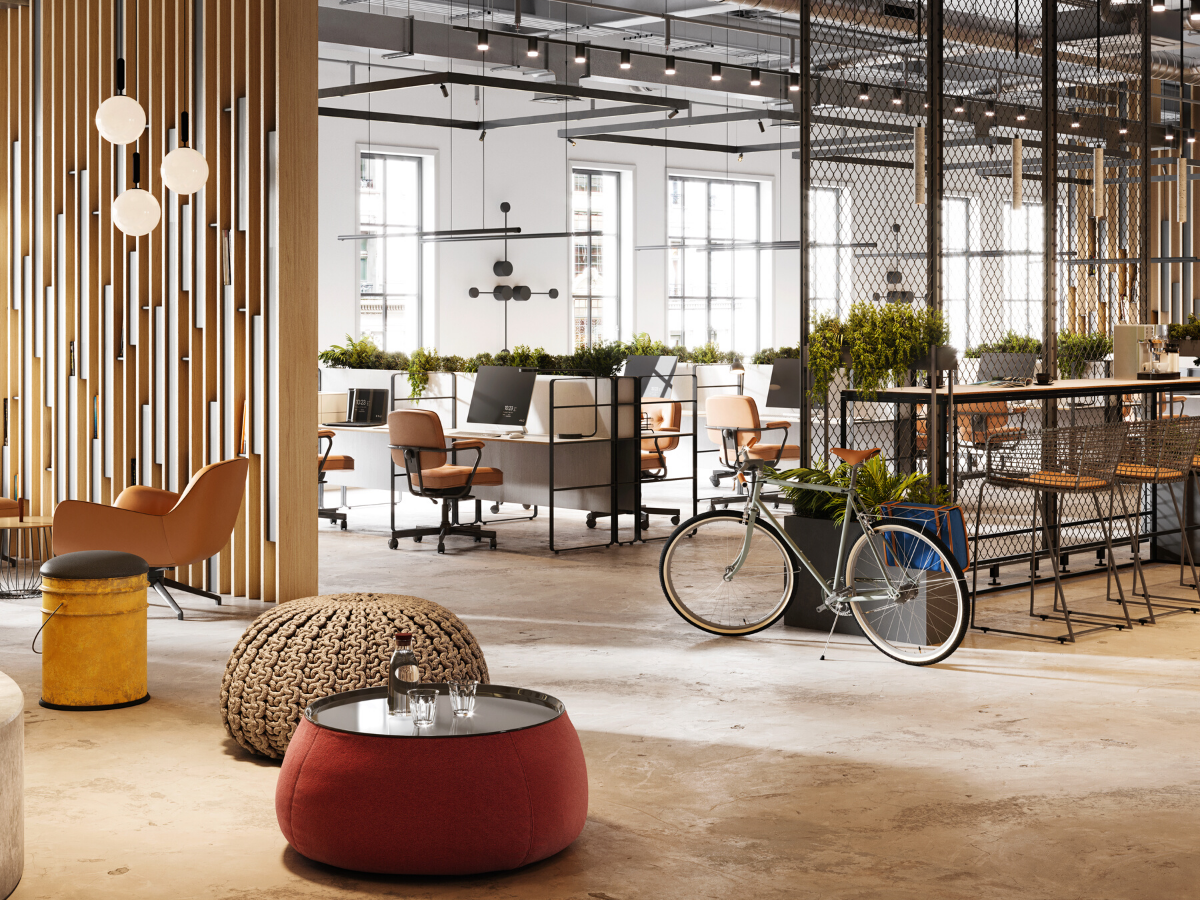Legal and political figures have characterised climate change as the ‘new great threat to biodiversity,’ and ‘the most pervasive and threatening issue of our time, with far-reaching impacts in the twenty-first centuries.’ However, do these statements reflect the truth? Or is climate change in fact a fiction created by the Chinese in order to make US manufacturing non-competitive, as Donald Trump said? Taking into consideration the rise in global temperature, warming of the ocean surface, melting of ice sheets and rising sea levels it is clear that climate change is an inescapable fact.
What can be done?
There are several actions that can help establish a company as a business that cares about the environment. Many businesses create a lot of waste; even sending a ‘thank you’ email to your colleague is estimated to produce 0.000001 tonnes of CO2 equivalent. This may not seem like much, but if you consider that the average person sends ten unactionable, unnecessary emails per week, you very quickly have a far larger carbon footprint when looked at on a national scale.
According to research by OVO Energy, if every email user in the UK were to send one less unnecessary email per day, that would reduce carbon emissions by 16,433 tonnes – equivalent to a staggering 81,152 flights from London Heathrow to Madrid. How to solve this issue? Only skip the pleasantries such as ‘thanks!’ ‘lol!’ ‘you’re welcome!’ over email. Deleting emails is also the easiest way to reduce your carbon footprint on the computer. So, you’ve deleted your emails and stopped sending unnecessary messages, but what’s the next move?
You can say goodbye to disposable cups.
Globally, the world uses around 250-300 billion single-use and disposable cups every year. Out of all of these, billions also end up as trash and waste. In the UK alone, the population discards 2.5 billion paper cups every year. What effect does this have? The beginning stage of coffee cup production is the acquisition of raw materials from trees. It involves a range of resource-intensive processes that first of all requires the felling of millions of trees globally every year. Deforestation alone contributes to the climate crisis simply as we have less of nature’s fantastic carbon-capturing trees. On top of this, coffee cups must be coated in plastic – this not only means that more plastic is being used, but also renders the cups impossible to recycle. So when a single used coffee cup is replaced by a travel mug, you are protecting natural resources, reducing greenhouse gas emissions and contributing to saving energy. Businesses can provide reusable mugs or encourage staff to bring their own, either to the office or the coffee shop.
You may wonder whether recycling truly has that many environmental benefits and might find yourself wondering if it’s worth the hassle of separating out the rubbish. The answer is, quite simply, yes! Recycling means less rubbish goes to our landfills but more importantly it conserves energy, reduces air and water pollution and prevents pollution that is generated when raw materials are used to make a new product. An effective solution is setting up recycling bins in common areas. This also sends a message to employees and visitors that the business takes environmental responsibility seriously.
Transportation is another big contributor to many businesses’ environmental footprint, so another big step is to encourage clean transportation. Are there ways for the company to cut back on unnecessary travel, and make necessary travel greener? Consider installing bike racks that include protection from the elements and electric car chargers at the office. This will make it more feasible for employees to use these transportation modes.
Lastly, many offices are full of devices that never get turned off. Get in the habit of turning off your computer and monitor when not in use. Also, make use of the power management setting on newer computers which determines when the computer and monitor shut off or go into sleep or hibernate modes which use less power than regular operating mode.
Small steps
Small steps that companies can take can have big impacts. Any action taken by a company can be a great source of inspiration for everyone working in that company and even for guests. Therefore, if we want to find a human-based solution to global warming, our first step should be enacting small changes in our workplaces. These small steps are only the beginning but, hopefully, many more steps will follow them.
About the author: Tuğçe Ergüden is a contributing Features Writer with extensive expertise in environmental and energy law.
Recommended for you

Antidepressant Prescribing at Six-Year High
More people are taking antidepressants than ever. Is this a dark sign of the times or an indication that mental health stigma is changing?

Can AI be Used to Determine Cancer Recurrence?
When cancer patients go into remission, they often worry about it coming back. AI can now help identify those at risk of cancer recurrence.

Pegasus – Still a Threat to the UK?
The notorious Pegasus spyware has been misused to exploit vulnerabilities in devices, even those kept within the walls of Number 10.
Trending

Drug Decriminalisation: Could the UK Follow Portugal?
Portugal’s drug decriminalisation has reduced drug deaths and made people feel safe seeking support. Would the UK ever follow suit?

Calling All Unvaccinated UK Adults
With Covid cases rising, the NHS is urging the 3 million UK adults who remain unvaccinated to come forward.




